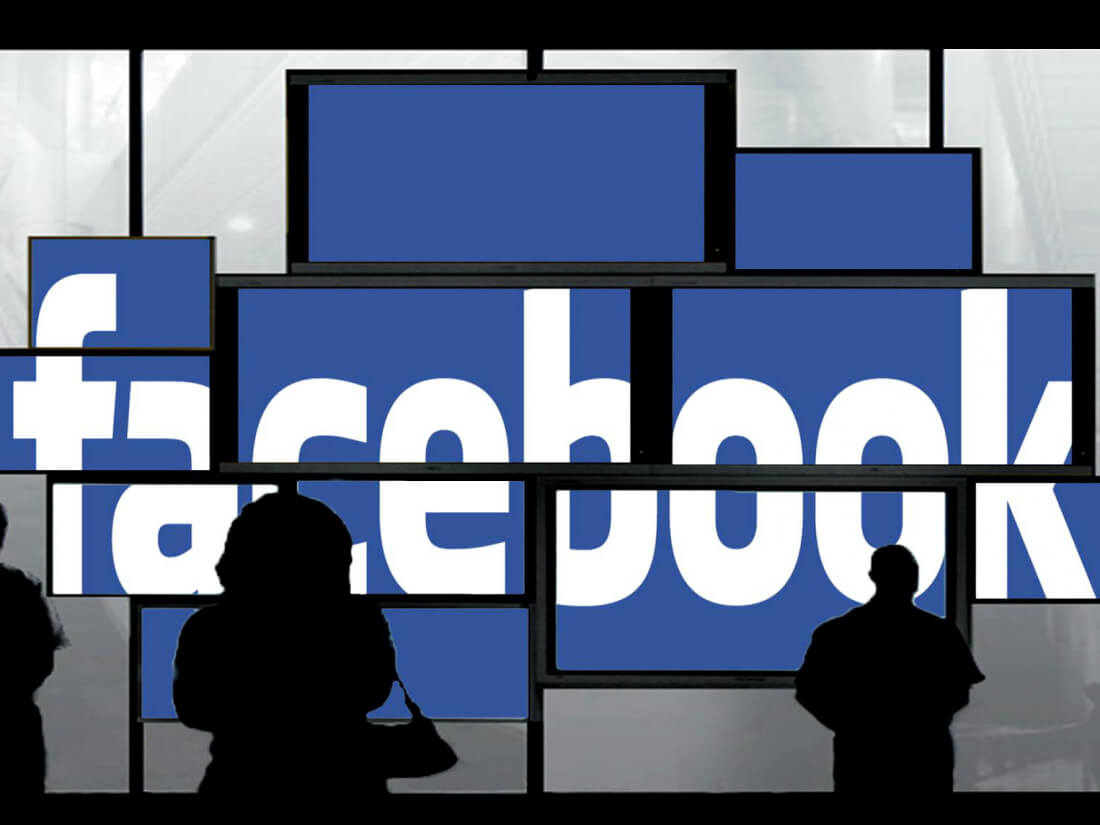Much like the internet, there is some very unpleasant content lurking on Facebook. You would imagine that the social network appreciates people reporting sexualized pictures of children, but it seems this isn't always the case. After several BBC reporters had sent some images they found on the platform to Facebook - at the site's request - the company reported them to the police.
The situation started with a BBC investigation last year into pedophiles that were using secret groups on Facebook to post and swap obscene pictures of children. It lead to one man being sent to prison for four years, and Facebook promised to improve its reporting system.
To test the site's claim, the BBC recently used the report button to flag 100 images that appeared to break Facebook's content guidelines. These included:
- Pages explicitly for men with a sexual interest in children
- Images of under-16s in highly sexualised poses, with obscene comments posted beside them
- Groups with names such as "hot xxxx schoolgirls" containing stolen images of real children
- An image that appeared to be a still from a video of child abuse, with a request below it to share "child pornography"
Despite its rules on nudity and sexual imagery, Facebook decided to remove just 18 of the 100 reported items. It claimed the other 82 "didn't breach community standards." The reporters also found the profiles of five convicted pedophiles, who, according to the platform's rules, aren't allowed accounts.
The broadcaster asked Facebook for an interview to explain its rules. Director of policy Simon Miller agreed, on the condition the BBC send examples of the material it found (but wasn't removed by the site). The reporters did as they were asked, and Facebook reported them to the UK's National Crime Agency for complying.
"We have carefully reviewed the content referred to us and have now removed all items that were illegal or against our standards," Facebook said in a statement. "This content is no longer on our platform. We take this matter extremely seriously and we continue to improve our reporting and take-down measures."
"It is against the law for anyone to distribute images of child exploitation. When the BBC sent us such images we followed our industry's standard practice and reported them to Ceop [Child Exploitation & Online Protection Centre]."
Unsurprisingly, the BBC wasn't happy with Facebook's actions. "The fact that Facebook sent images that had been sent to them, that appear on their site, for their response about how Facebook deals with inappropriate images [...] the fact that they sent those on to the police seemed to me to be extraordinary," said director of editorial policy, David Jordan.
And as a final slap in the face, Facebook canceled the interview.
